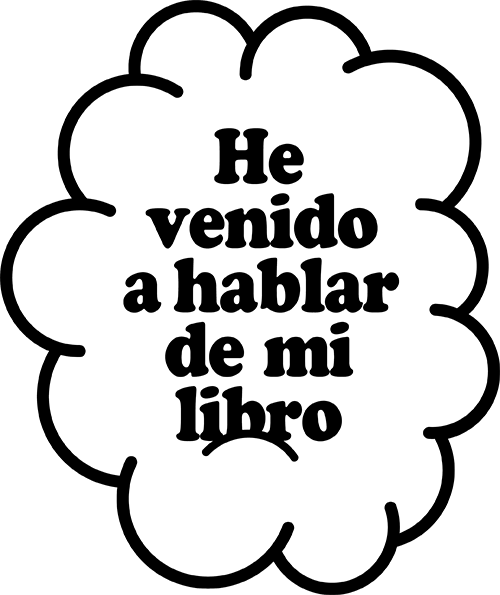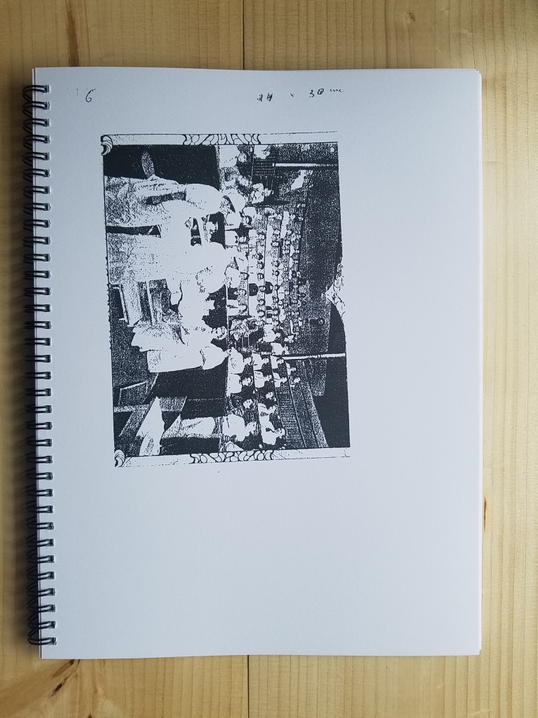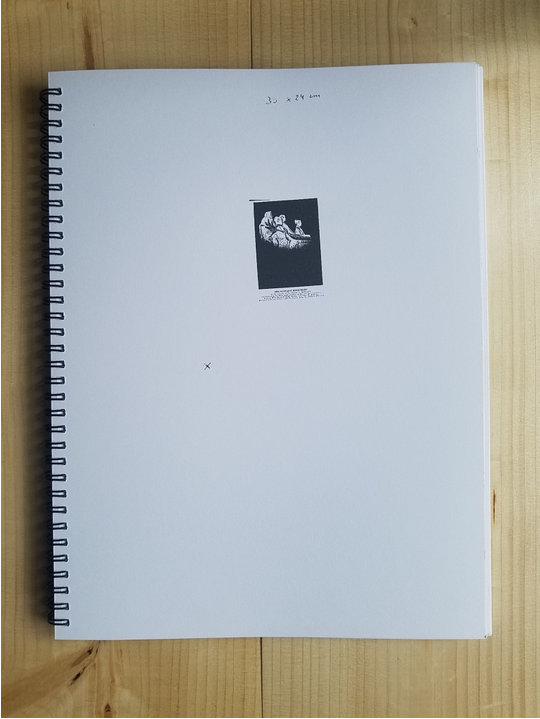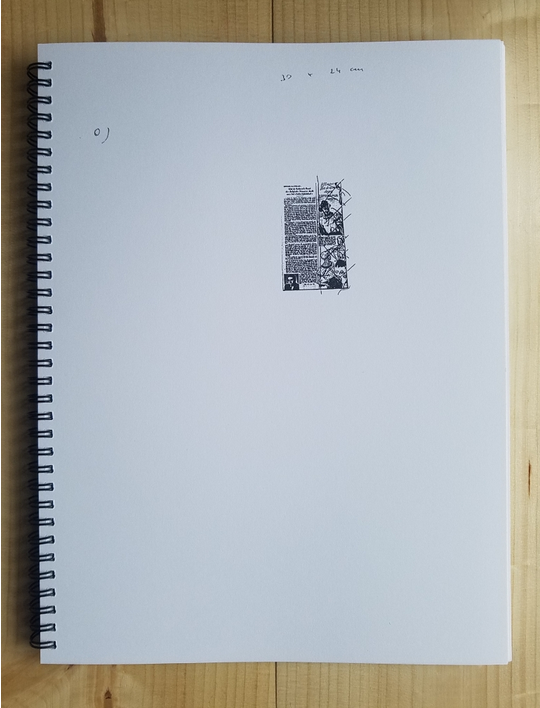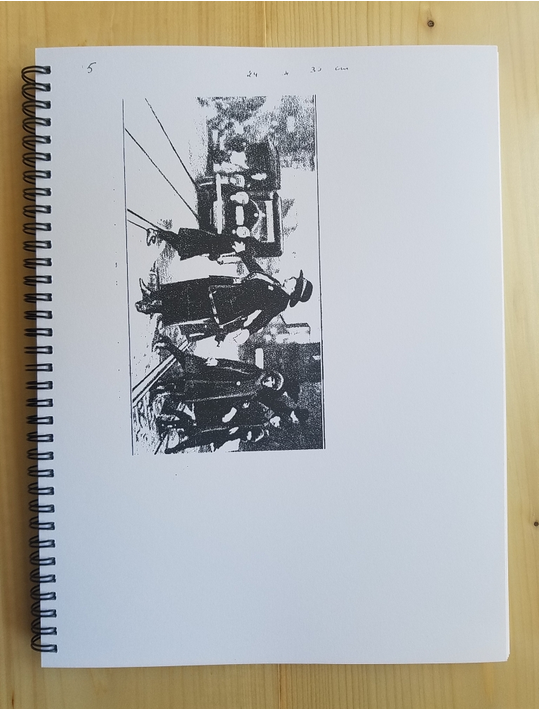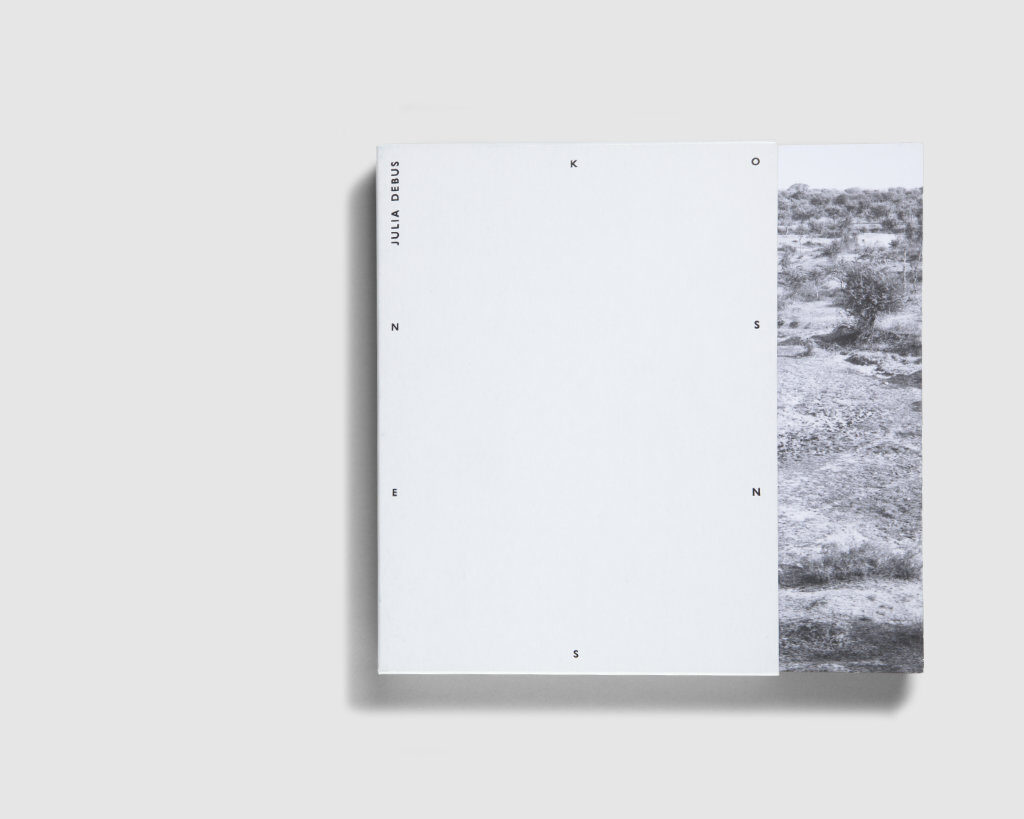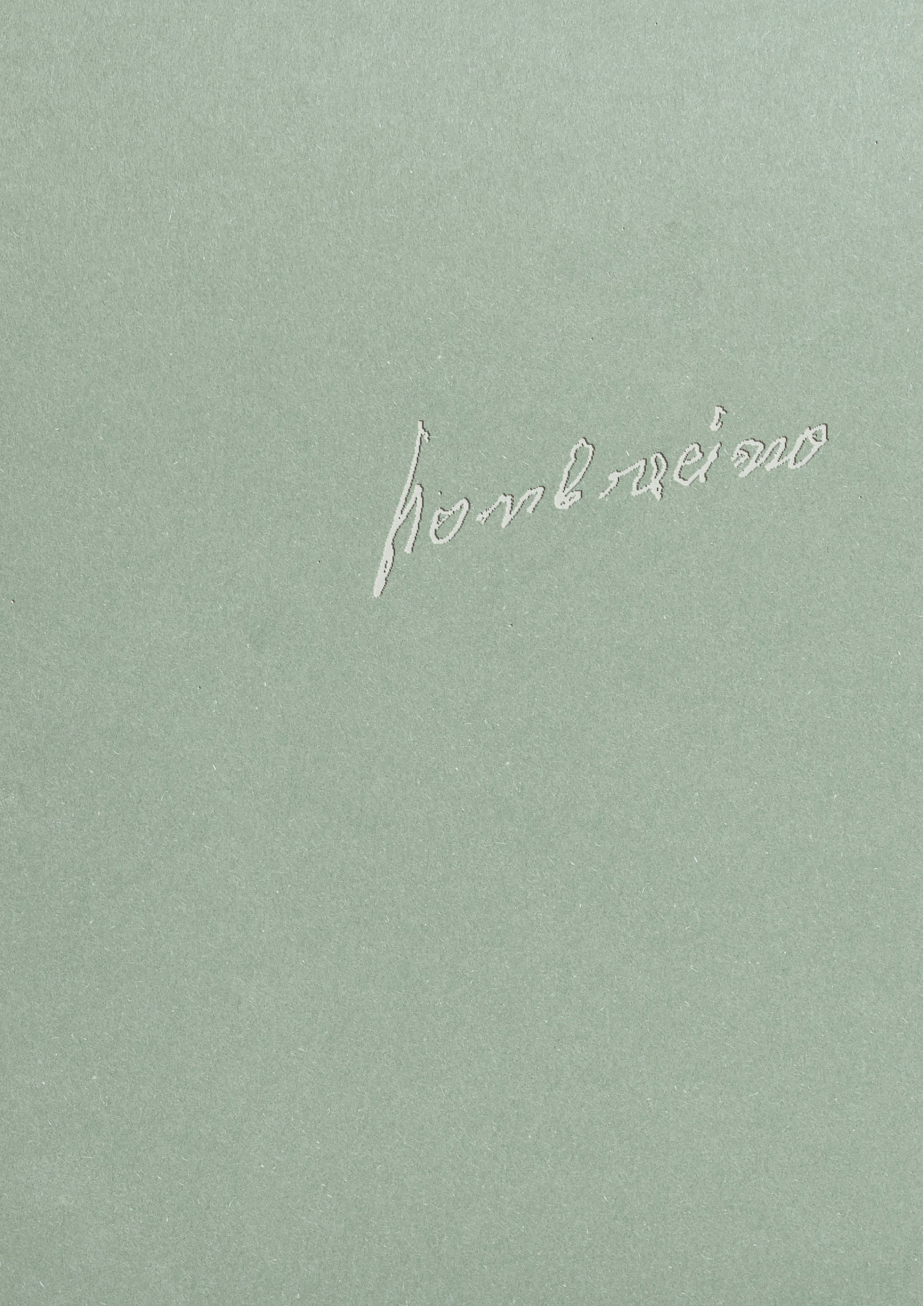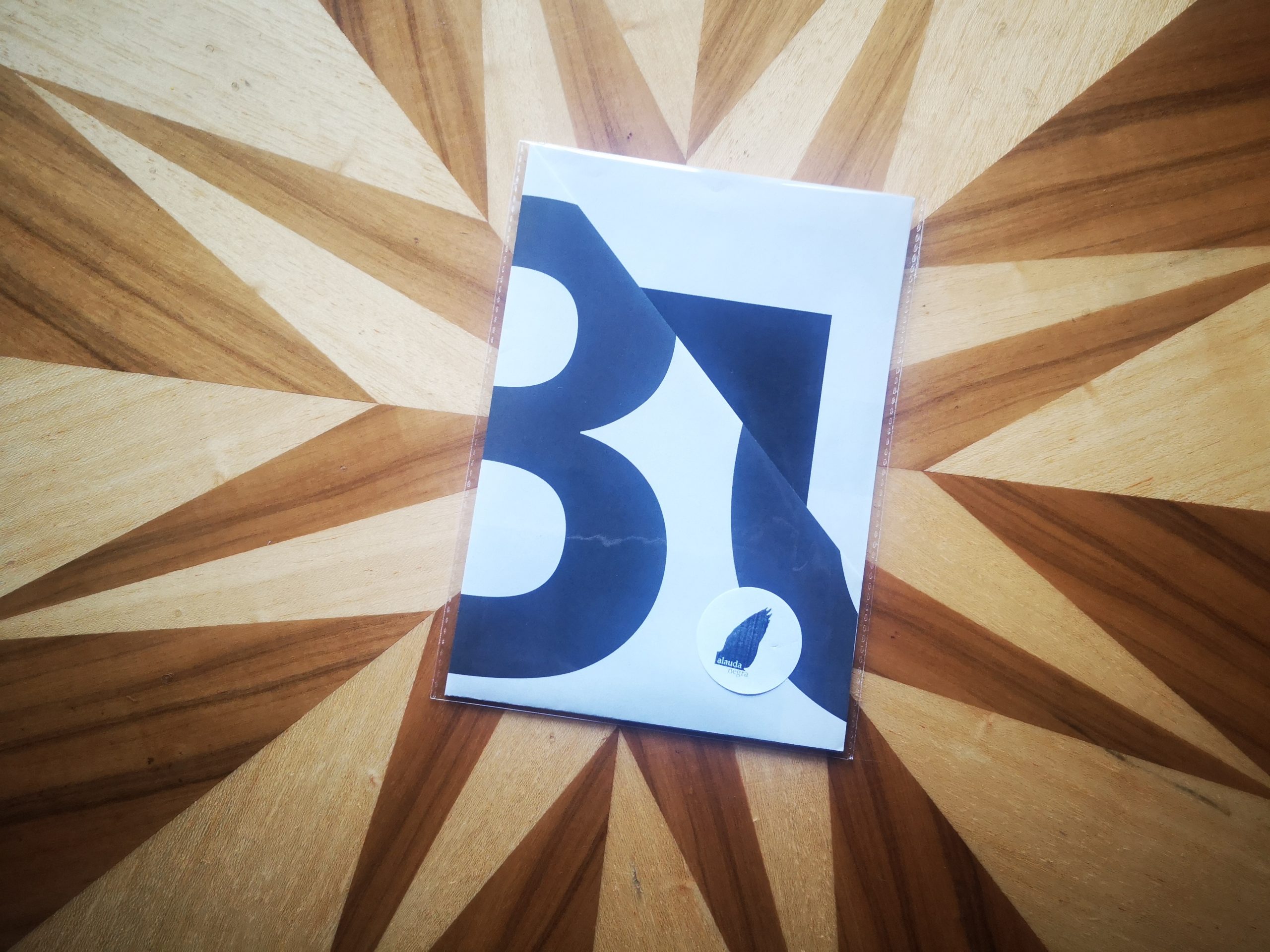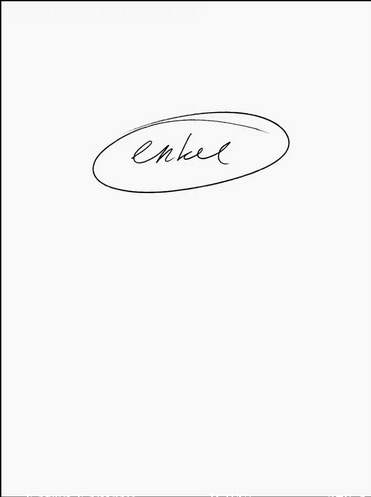
Enkel
Katrin Kamrau
Autopublicado
2020
Alemania
Lübben
German/English/French/Dutch
spiral-bound
978-2-930733-04-3
40 pages
Following Katrin Kamrau's exhibition 18 x 24 cm (Tique Art Space, Antwerp), Enkel gathers a series of images discovered by the artist in the Agfa-Gevaert archive in Mortsel (Belgium). This book reproduces these worksheets — photographs and dimension specifications for their reproduction — used in the context of a traveling exhibition. Entitled Vastberaden Vrouwen [Resolute women], celebrating the centenary of the International Council of Women. The event was organised in 1988 by a collective gathered around Denise de Weerdt, Belgian historian and gender studies pioneer. Katrin Kamrau reproduces this proof sheet, hererofore preserved in the archives, in the form of a spiral-bound notebook oscillating between photographic and archival practice in which the document is composed of the photographic minatures as well as their surrounding indications. While highlighting the material dimension of her support, Katrin Kamrau draw the attention on the incomplete remnants of a history of feminism.
Publié à la suite de l’exposition de Katrin Kamrau 18 × 24 cm (Tique Art Space, Anvers), Enkel rassemble une série d’images découvertes par l’artiste dans l’archive Agfa-Gevaert à Mortsel (Belgique). Ce livre reproduit des planches de travail – vignettes photographiques et leurs spécifications de dimensions pour la reproduction – utilisées dans le cadre d’une exposition itinérante. Intitulé Femmes résolues: le Conseil international des femmes a 100 ans, 1888-1988, l’événement était organisé en 1988 par un collectif assemblé autour de Denise de Weerdt, historienne belge et pionnière des études de genre. Katrin Kamrau reproduit ce cahier de tirages, jusqu’alors préservé dans les archives, sous la forme d’un livre à spirales oscillant entre pratique photographique et archivistique, dans lequel le document est composé non seulement des vignettes photographiques, mais aussi des indications qui les entourent. Tout en soulignant la matérialité de son support, Katrin Kamrau attire le regard sur les vestiges lacunaires d’une histoire du féminisme.







